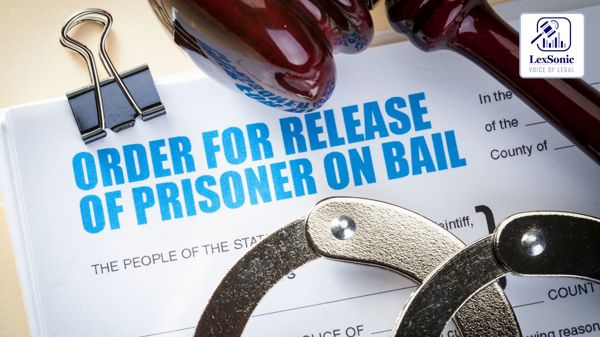Supreme Court Grants Bail in Chhattisgarh PSC Paper Leak Case, Citing Prolonged Custody and Pending Trial.
29 October 2025
Bail and Antcipatory Bail >> Criminal Law | Criminal Trial >> Criminal Law | Education >> Miscellaneous
A Division Bench consisting of Justice Pankaj Mithal and Justice Prasanna B. Varale granted four interlinked petitions—SLP (Crl.) Nos. 6438, 6509, 11724, and 11781 of 2025—which arose out of a common First Information Report lodged by the Central Bureau of Investigation (FIR No. RC1242024A0004 dated July 9, 2024). The petitioners are a sub-Registrar in the Commercial Tax Department, the daughter-in-law of one of the prime accused, and nephews of a co-accused.

Noting that the petitioners stood accused of being indirect recipients of the question paper leak and not directly involved in its perpetration, the Supreme Court held that further detention under such conditions would be unjustified. The Bench therefore ordered that the petitioners be released on bail on such conditions as to be decided by the trial court. Such conditions comprise surrendering passports and obtaining prior court permission before traveling abroad.
This order mirrors the judiciary's consistent position that individual freedom cannot be restricted indefinitely if a trial is nowhere close to beginning. The ruling contributes to an emerging line of holdings affirming proportionality in pre-trial detention and reaffirming that bail still is the rule, not the exception—even when institutional examinations or allegations of administrative misconduct are involved.
